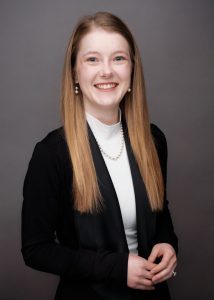
By Clara Wicoff
Southwind Extension District
Earth Day is coming up, which makes it the perfect time to consider how you can reduce food waste. The United States Department of Agriculture (USDA) estimates that 30% to 40% of the food supply in our country goes to waste. This waste has many negative impacts, including on the environment and on your wallet.
How does food waste affect the environment? Consider all of the resources that go into producing food and getting it to your plate. Those resources include energy, labor, land, water, and more. When we waste food, we aren’t just wasting the food itself; we are also wasting all of the resources that went into growing, processing, and transporting that food. Food waste has further negative impacts on the environment once we send it to the landfill. Why? Food rotting in landfills produces methane, which is a greenhouse gas. In addition to helping the environment, reducing food waste can also save you money. The USDA estimates that households can save $370 per person each year by reducing food waste.
So, what can you do? K-State Research and Extension has developed a fact sheet (available at bit.ly/FoodWasteFactSheet) which details steps that consumers can take to reduce food waste. Some of those steps include:
- Shop your refrigerator first.
- Shop from a list to reduce impulse purchases of food you won’t end up eating.
- Store food properly to reduce spoilage. Make sure you have a thermometer in both your refrigerator and in your freezer to ensure these appliances are in good working condition. For quality and safety, the temperature in your refrigerator should be 40°F or less and the temperature in your freezer should be 0°F or less.
When working to reduce food waste, it is also important to remember the following rule: When in doubt, throw it out! If you aren’t sure if food is safe to eat, throw it away.
Want to learn more about how you can prepare food plans to reduce food waste? Join Nutrition, Food and Health Agent Clara Wicoff for a free educational program at the LaHarpe City Hall on April 17th at 6 PM or at the Neosho County Community College Student Union Cafeteria on April 27th at 1:30 PM. Topics covered will include meal planning, reducing a recipe, strategic grocery shopping, proper food storage, and more. Contact Clara with questions at clarawicoff@ksu.edu or 620-365-2242.
K-State Research and Extension is an equal opportunity provider and employer.
